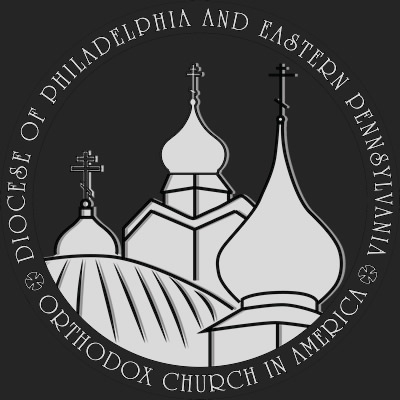The sermon for this Sunday deals with the Parable of the Prodigal Son from the Gospel of Luke Chapter 15:11-32.
We have all heard this story, time and time again, about a son who leaves his father and takes off and squanders his demanded inheritance on free living. As the story continues, the runaway son eventually returns home when the money runs out and he ends up broke. He returns home not because of intense love for his father or a concerted decision that running away was wrong but because of his own personal need – he is down and out and basically hit bottom.
The father is the central figure in this story exemplifying unconditional love for both sons for distinct differences. For it is his idea that he loves both his sons equally not merely for physical reasons but in a personal and spiritual manner.
The father basically is saying that there is nothing the sons could do that would make him stop loving them, emphasizing without interfering into their personal freedom. Unending Love that conquers all. This story basically gives us a true picture of how Jesus loves us and how his greatest joy is to have us live with Him as his sons and daughters.
The primary reason this parable is read prior to the beginning of Great Lent is because its central theme is that of repentance and compassionate love of the Father, where the Church today seeks to inspire and guide us to true repentance.
The approaching Great Lenten Fast is not simply a period of external practices such as strict fasting. Above all, Great Lent is an opportunity for prayer, inward reflection, confession of sins, a change of heart and renewal of the mind. Lent is not a period of gloom and doom but rather of great joy: the same joy the Father had when he saw his son returning to him.





